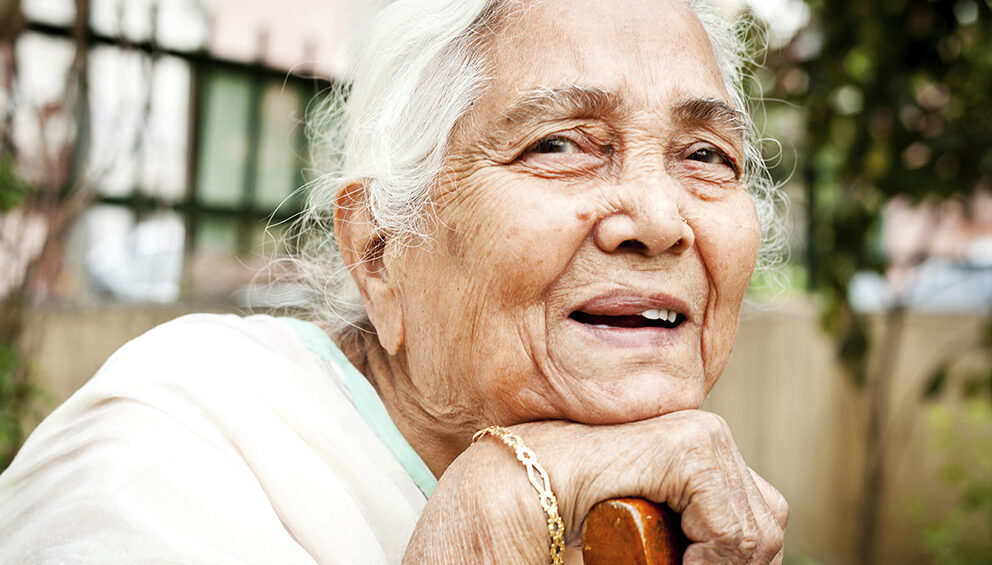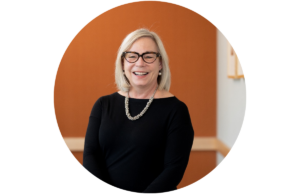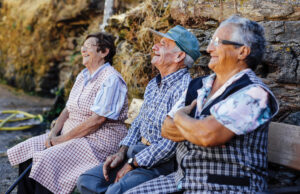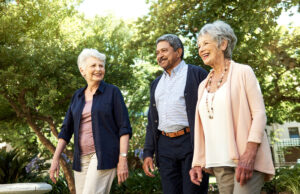The importance of international connection during the pandemic
by Katie Smith Sloan
Katie Smith Sloan, Executive Director of the Global Ageing Network and President of LeadingAge, ponders the importance of international cooperation among providers of aging services—during the pandemic and beyond. This story was printed in the LeadingAge newsletter.
Every LeadingAge member has been fighting on the front lines of the COVID-19 pandemic over the past 11 months, witnessing first-hand the devastating toll that the virus has taken on those who depend on us for long-term services and supports.
We weren’t alone. Our colleagues around the world have also been fighting the coronavirus—in Argentina, Australia, Canada, Japan, Mexico, The Netherlands, Nigeria, Singapore, South Africa, Spain, the United Kingdom, and many other countries.
We have a lot to learn from one another.
Just how much we can learn from providers in other countries became crystal clear early in February when the Global Ageing Network hosted an online webinar to release ELDER CARE PROVIDERS & COVID-19: Cross-Cultural Perspectives. The report shares findings from new research by Dr. Emi Kiyota, an environmental gerontologist and organizational culture change specialist. With support from LeadingAge and Standards Wise, Emi interviewed 19 providers in 11 countries about how they experienced the global pandemic from February through December 2020.
It is fascinating reading.
The similarities in provider experiences, documented in the new report, are uncanny in many respects.
Providers used eerily familiar terms when they told Emi about their struggles to obtain personal protective equipment (PPE); their challenges recruiting, retaining, and supporting team members; their efforts to train care workers in infection control protocols; their frustration at dealing with governments that sent mixed messages or established conflicting policies and regulations; their misgivings about restricting the movement of residents to keep them safe; and their all-consuming efforts to make sure residents and staff remained physically and mentally healthy in the face of a deadly enemy.
There were also some differences in provider experiences—and they were disturbing.
For example, while all providers faced the same challenges in containing the virus, providers in resource-rich countries could depend on their governments for at least some support to compensate and train staff, acquire PPE, and access technology to help reduce social isolation among residents. Providers in countries with less-developed elder care policy infrastructures were often left to fend for themselves.
The Global Ageing Network can’t eradicate the coronavirus or fix the inequities in how different countries fight the disease. But the stories told by several providers during the February webinar reinforced the important role that our global network can play in bringing providers around the world together to support one another.
One poignant webinar presentation stands out for me. Femada Shamam, CEO of the Association for the Aged (TAFTA) in Durban, South Africa, described her organization’s journey through 2 dreadful waves of the pandemic. Femada then acknowledged how many of the colleagues pictured on her Zoom screen had helped her feel less alone during a very hard year.
“I must thank the Global Ageing Network for the support, sharing of resources, which just made this really traumatic time bearable, knowing that we have the support from around the globe to assist and guide us as we negotiate through these uncharted waters,” she said.
LeadingAge founded the Global Ageing Network more than 30 years ago in collaboration with a group of international leaders who wanted to create a forum where providers around the world could exchange research, services, products, and training. We are privileged to continue serving as the network’s global headquarters.
During these challenging times, cooperation among providers of aging services is more important than ever. The more we can expand that cooperation—and the more we can share our solutions, strategies, and experiences with one another—the greater will be our ability to care for and support older adults who have played such an integral role in building the societies we now enjoy.





